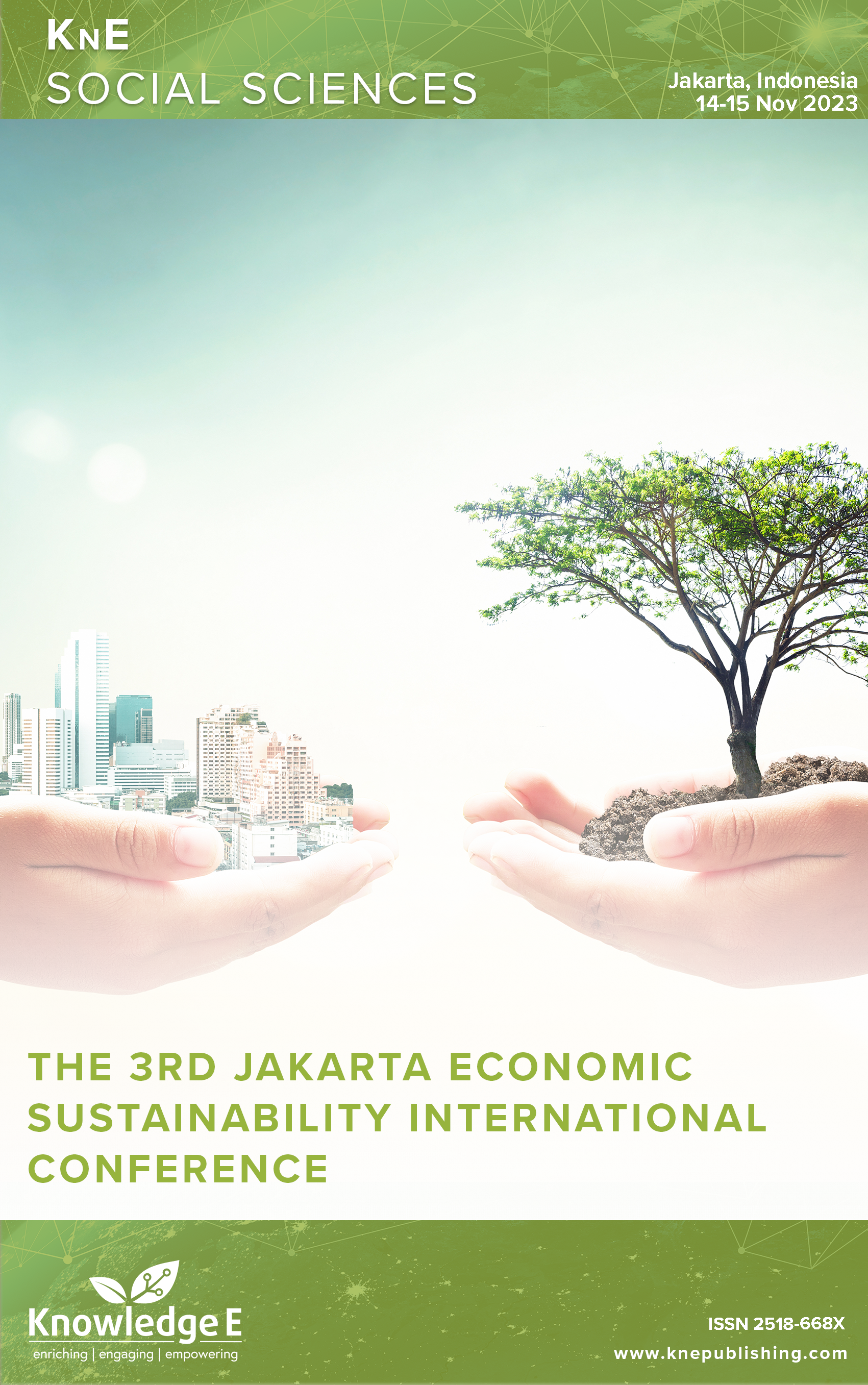Karst Concerns: Understanding Resident Perceptions on Water Pollution Management in Guizhou, China
DOI:
https://doi.org/10.18502/kss.v9i20.16538Abstract
Water pollution is a critical global concern with profound implications for public health and well-being. This study delves into the perspectives of residents and environmental protection department staff in Karst regions of Guizhou Province, China, examining their perceptions of government-led water pollution management. Surveying 384 residents and conducting interviews with 5 environmental protection professionals, the research employs both descriptive and inferential statistical analyses. Findings highlight household and construction/domestic waste as key contributors to water pollution, significantly impacting urban living. The study underscores the necessity for comprehensive government intervention to address pervasive water pollution issues. Notably, diverse demographics exhibit distinct perceptions toward water pollution control, emphasizing the need for tailored awareness campaigns. Recommendations include refining central government strategies, clarifying the roles of local governance entities and the market, and prioritizing targeted environmental education to foster a more effective approach to water pollution prevention and control.
Keywords: Karst regions, water pollution perception, mass participation
References
Guo H. Research on the relationship between water environment quality and social and economic development in Taizi River Basin. Doctoral Dissertation. Liaoning University, 2019.
Dong F, Zhang YB, Huang DH, Chen CY, Huang ZL, Feng BC. Temporal and spatial changes of surface water in Karst Plateau mountainous areas: A case study of Guiyang City. Henan Science and Technology 2022;1:41–55.
Guo XN. Vulnerability assessment of water resources in Southwest Karst Plateau Area: A case study of Guizhou Province. Chongqing Normal University, 2017.
Zhang X. Characteristics of runoff and sediment production and nutrient loss in typical microhabitat in Karst Plateau area. Huazhong Agricultural University, 2018.
Luo ZL. The mechanism and distributed model of economic, social, water, and ecological mutual feedback in the Shaying River Basin. Zhengzhou University, 2019.
Zheng Y. Research on local legislation for water resource protection in Guizhou Province. Guizhou University, 2019.
Huo LA, Xu ZX, Yin HL, Zhang L. Research on the comprehensive evaluation of China’s water pollution prevention and control law. China Engineering Science 2022;24:11–20. DOI: https://doi.org/10.15302/J-SSCAE-2022.05.015
Qu YC. Further analysis of government responsibility in rural environmental governance: From the perspective of Meta Governance China’s Population. Resources, and Environment 2021;31:9–22.
Zhang Q. Study on the multi sector linkage mechanism of water pollution control in Longquan City. Zhejiang University, 2019.
Chen GH, Chong Z. “Water Harmony” governance model of water pollution prevention and control from the perspective of Balance of nature (sheng tai ping heng shi yu xia shui wu ran fang zhi de shui zhong he zhi li mo shi). Jiangsu Social Sciences 2022:154–61.
Zhao YC. The impact and pricing of water pollution on happiness. Hunan University, 2020.

